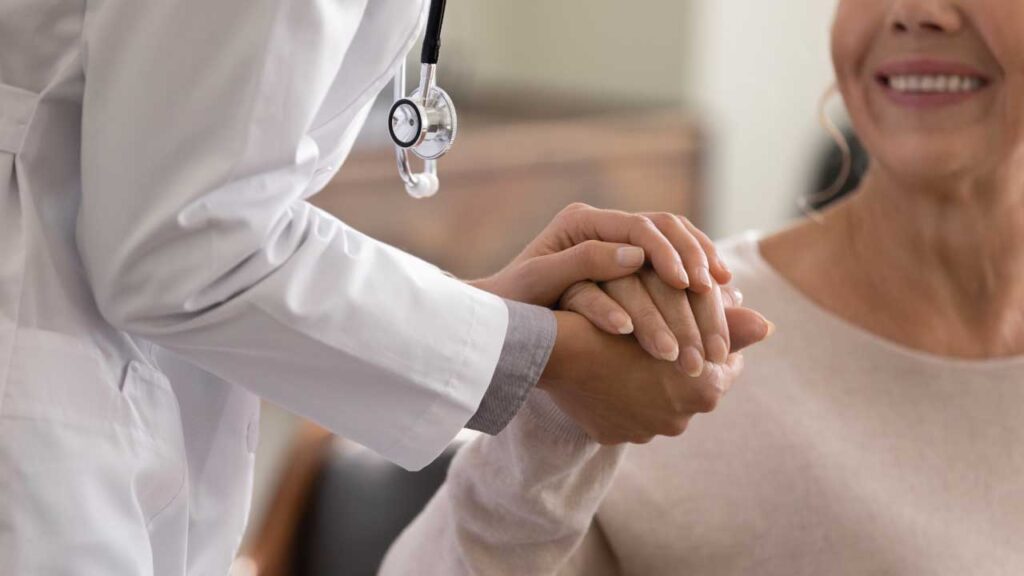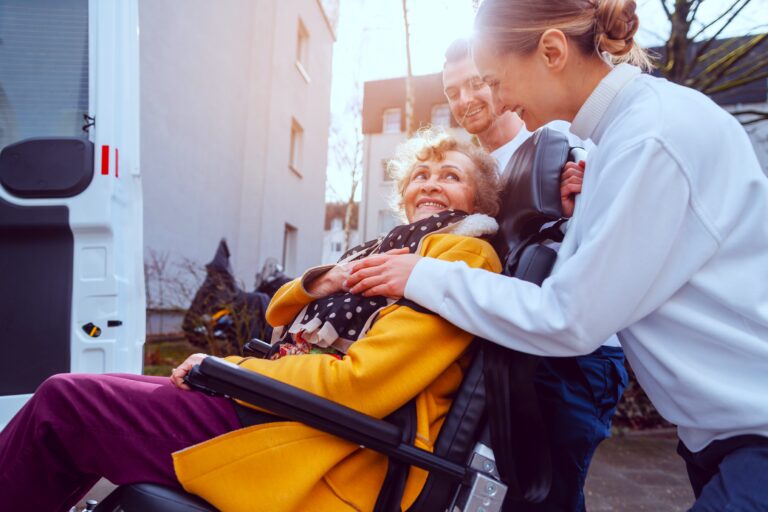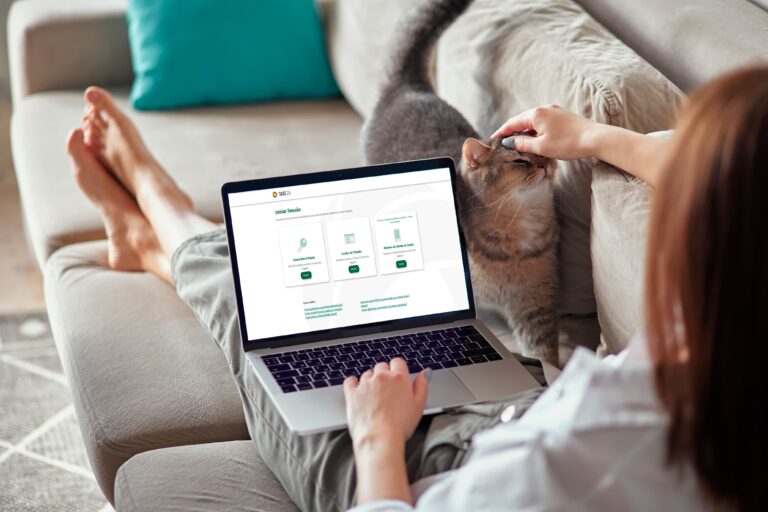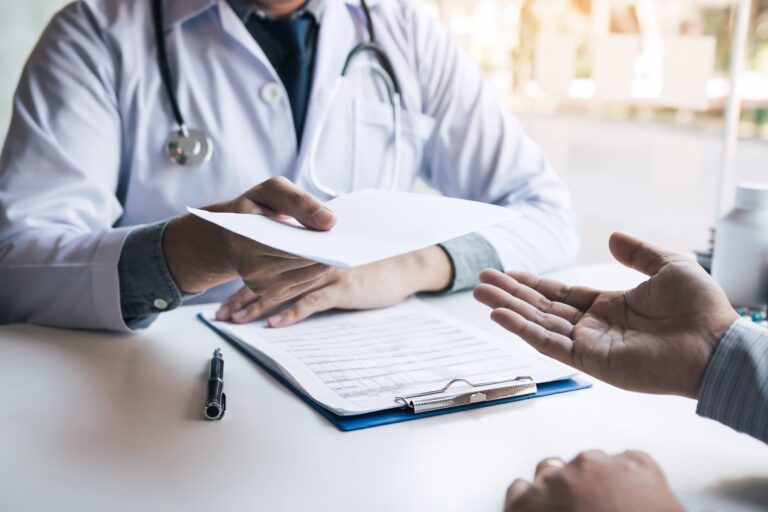Having a family doctor is more than just an administrative formality. It’s ensuring that someone knows your health history, monitors your well-being and is there for you when you need them most. Despite its importance, many people still have doubts about how to access this service.
If you’re among those looking for answers, read on to find out if you have the right to a family doctor, how you can request one and what has changed recently in terms of access to this service in the National Health Service (SNS).
What is a family doctor?
Also called general practitioners, they treat immediate health issues and monitor the physical, emotional and social development of their patients throughout their lives.
The main responsibilities of a family doctor include:
- Primary health care. Diagnoses and treats common health problems, offering advice on prevention and well-being
- Continuous monitoring. Establishes a lasting relationship with users, often spanning several generations of the same family
- Prevention and health education. It works to promote healthy lifestyles and prevent diseases, helping to reduce future risks
- Care coordination. Ensures integrated health management, liaising with other specialists and services whenever necessary
- Holistic care. It values the user as a whole, taking into account physical, psychological and social aspects.
- First point of contact. It acts as the gateway to the health system, responding to initial concerns and guiding the next steps.
When should I see a family doctor?
- General health issues: pains, fevers, infections, allergies or other non-urgent health problems
- Chronic diseases: monitoring and adjusting treatments for conditions such as diabetes, hypertension or asthma
- Routine examinations: regular check-ups, including blood tests, cholesterol screening and blood pressure measurements
- Vaccination: administration of vaccines provided for in the National Vaccination Program
- Mental health: initial support in cases of depression, anxiety or other psychological problems, with referral to specialists if necessary
- Prevention and health advice: guidance on healthy lifestyles, nutrition, smoking cessation and disease prevention
- Reproductive health: family planning, contraception, pregnancy issues and screening tests
- Prescriptions and renewals: obtaining medicines for continuous use or prescribing new treatments
- Referral to specialists: evaluation and referral for specialized consultations or specific treatments
- Absences and certificates: issuing justifications for work, school or sporting activities.
Who has the right to a family doctor?
In Portugal, anyone registered with the National Health Service (SNS) has the right to a family doctor, including:
- Portuguese citizens
- Legal foreign residents
- Beneficiaries of international agreements
- Refugees and asylum seekers.
However, the assignment of this professional depends on availability at the health unit in the area of residence. Priority is given to:
- Pregnant women
- Children up to 12 years old
- Chronic patients.

How to ask for a family doctor
To request a family doctor, follow these steps:
- Registration with the SNS. Start by registering with the National Health System (SNS). Go to the Health Center closest to your area of residence with the following documents: Citizen’s Card or other valid identification document and proof of residence (such as a utility bill or tenancy agreement).
During this process, you will be registered in the National User Register (RNU) and receive your National User Number (NNU). - At the request of the family doctor. Once you are registered with the SNS and have your User Number, ask at the Health Center to be assigned a family doctor. Availability depends on the number of doctors in your area, but once you’ve been assigned one, you’ll be able to start booking primary healthcare appointments.
In some regions, it is possible to start the registration process online through platforms such as the SNS Portal or SNS 24, but the most common method is still in person at the Health Center.
How do I know if I have a family doctor?
To check if you have been assigned a family doctor, you can:
- Consult the Health Center. Go to your health center and ask for this information
- Check in the MySNS application. In your personal area, you can check if you have a family doctor associated with you
- Contact by phone or e-mail. Your Health Center can provide this information through the contacts available.
If you don’t yet have a family doctor, you will be included on a waiting list and may, in urgent situations, be seen by other health professionals at the center.
What if I don't have a family doctor?
If you don’t have a doctor assigned to you, you can go to:
- Resource consultations: available at specific times in the
- Health Center
SNS 24: for appointments and information on health care - Or emergency services.
New rules for 2025
Since January 2025, the government has introduced new priorities for the allocation of family doctors:
- Extended child priority: children up to the age of 12 (previously up to the age of two) are given priority
- Attention to specific groups: pregnant women and the chronically ill maintain priority
- Loss of entitlement: emigrants and foreign residents who have not had a consultation in the last five years may lose their family doctor.
These measures come as part of the Health Emergency and Transformation Plan, with the aim of improving the management of available resources.
Do you need transportation to your appointments?
For users who need to travel frequently to appointments or treatments and face mobility difficulties, Ambula offers a non-emergency patient transportation service that ensures they can travel comfortably and efficiently to the healthcare they need.
The family doctor's most frequently asked questions
You must register at your local health center. Allocation depends on the availability of doctors in the area.
Entitlement is lost if you change your area of residence without updating the register or if you cease to be eligible according to SNS criteria.
Use the Health Center’s channels, such as the reception desk, e-mail or the MySNS application.
You can go to the complementary care of the Health Center or to the NHS emergency room in more serious cases.
The allocation follows the order of registration at the health center, respecting the availability of doctors.
Contact the health center, in person, by phone or via the MySNS application.
Tests can be prescribed by the family doctor or by other specialists that the patient sees.




